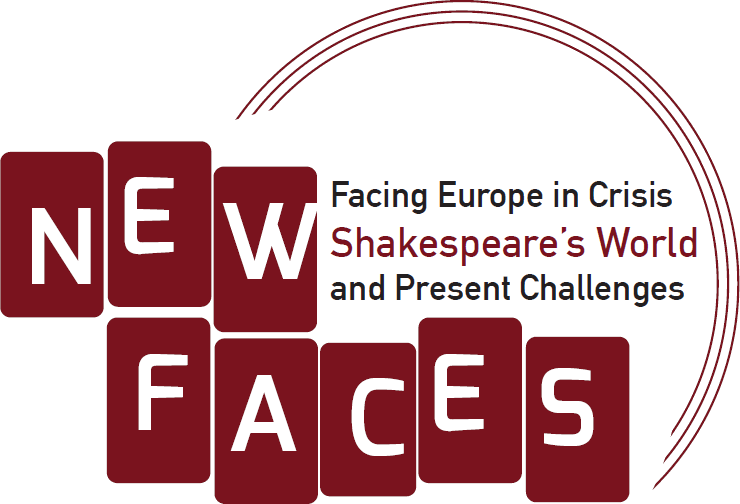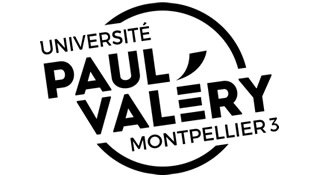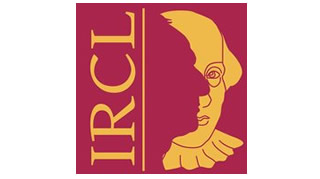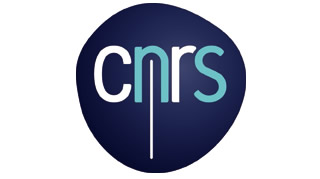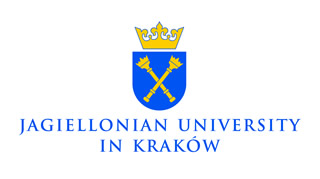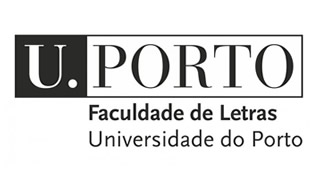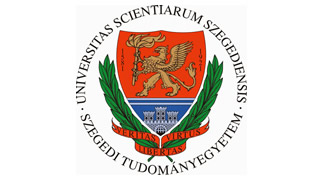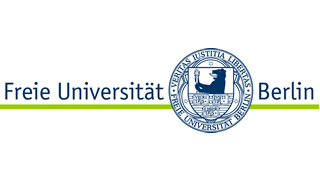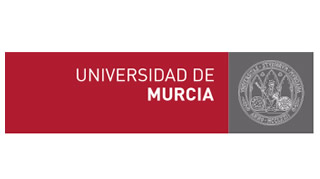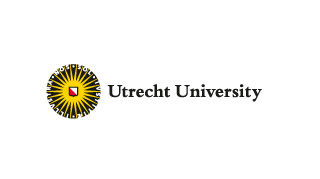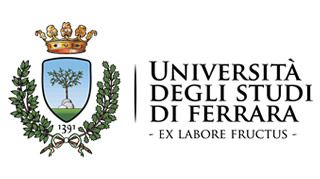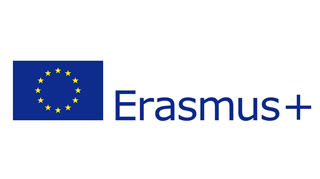Intellectual Output n°2: “Why New Faces”
PANEL SUMMARY
Panel n°4
Language Crisis – The War of Tongues
This panel contributed to the menu of discursive challenges offered by the PreFaces event by interrogating the ways in which language has been / is used for human interaction under critical conditions. Indeed, New Faces aims to address the early modern past in order to come to terms with crises in our late modern present – and this panel pondered the particular question: how can verbal practices, and especially instances of verbal interaction found in early modern texts, enhance our ability to confront crisis today?
In light of the broad New Faces rationale and of the suggestiveness of such a question, the panel considered a starkly diverse range of uses of language – from outright conflict to forms of mediation and welfare.
Thus, Rui Carvalho Homem launched the session by highlighting the extent to which the present-day diagnosis of crisis, which has become a major discursive commonplace in advanced societies, derives much of its persuasiveness from the new digital media, with their round-the-clock operation often geared towards verbal aggression; and he proceeded to connect this with representations of intractable individuality in early modern city comedies, manifested in the characters’ inability to listen to the voices of others, as the urban space, fashioned for cohabitation and circulation, becomes rather the setting for a denial of transit and commonality. Nathalie Vienne-Guerin then offered a reading of ‘Insult, trauma and linguistic vulnerability’ in Shakespeare, and considered the crucial importance of ‘effect’ and ‘context’ in determining the conditions under which certain uses of language indeed operate as insults – arguing, therefore, that ‘pragmatic’ rather than ‘systematic’ considerations are decisive for an understanding of how language may foster crisis. The final paper was given by Claire Cornillon, who offered an account of the work of an association (Auxilia) that has been helping develop the verbal skills of groups of citizens affected by a very specific set of critical conditions – those that are proper to a prison environment; her account emphasised opportunities for mediation and enablement that arise from an enhancement of verbal capacities, often through means that are all the more striking because they involve ‘low-’ rather than ‘hi-tech’ resources.
